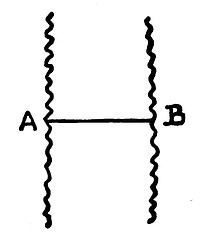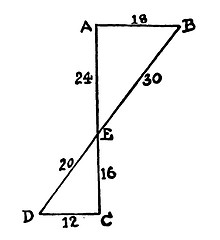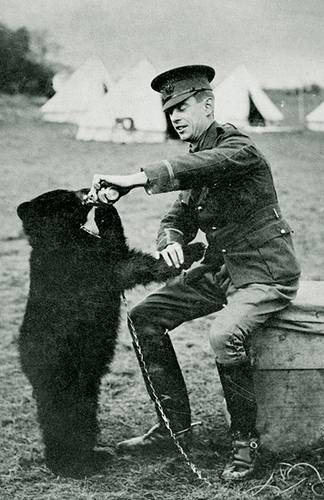A curious episode from Goethe’s autobiography:
I rode along the footpath towards Drusenheim, and here one of the most singular forebodings took possession of me. I saw, not with the eyes of the body, but with those of the mind, my own figure coming towards me, on horseback, and on the same road, attired in a dress which I had never worn ; — it was pike-grey with some gold about it. But as I shook myself out of this dream, the figure had entirely disappeared. It is strange, however, that eight years afterwards, I found myself on that very road, on my way to pay one more visit to Frederica, wearing the dress of which I had dreamed, and that, not from choice, but by accident.
“Whatever one may think on such matters in general,” he wrote, “in this instance my strange illusion helped to calm me in this farewell hour.” So there’s that.



